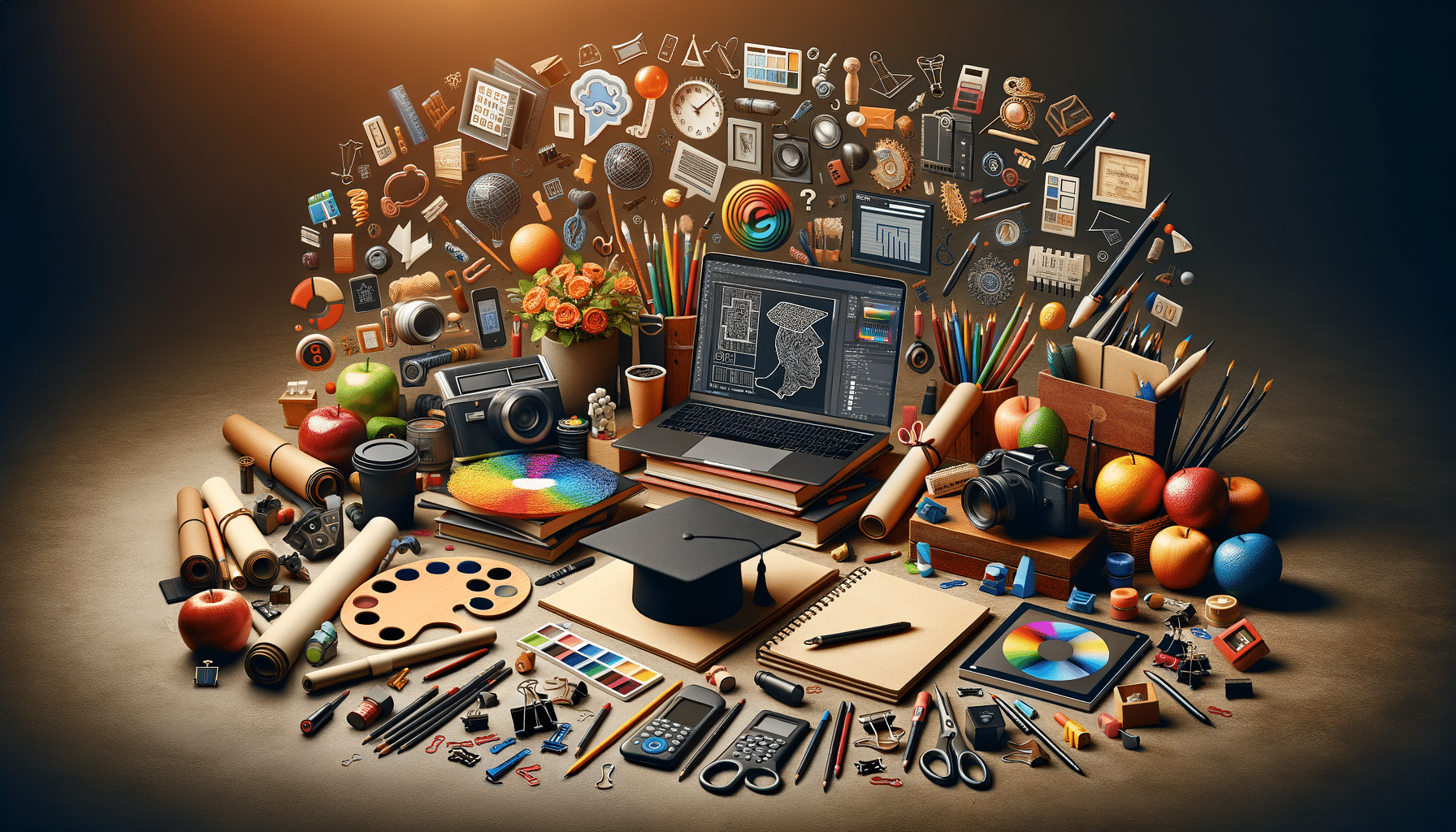
Exploring the Latest AI Tools to Enhance Your Workflow
Introduction to AI Tools
Artificial Intelligence (AI) is transforming the way we work, offering innovative solutions to enhance productivity and streamline processes. From automating mundane tasks to providing insightful data analysis, AI tools are becoming indispensable in various industries. This article explores the latest AI tools and how they can be integrated into your workflow to improve efficiency and effectiveness.
AI-Powered Automation
AI-powered automation tools are designed to handle repetitive and time-consuming tasks, freeing up valuable time for more strategic activities. These tools can be used in various domains, such as customer service, data entry, and scheduling. By automating these processes, businesses can reduce errors, increase efficiency, and focus on core business functions.
Some notable features of AI automation tools include:
- Automated data entry and processing
- Customer service chatbots
- Predictive analytics for decision-making
These tools not only save time but also provide a consistent and reliable output, which is crucial for maintaining quality and accuracy in business operations.
AI in Data Analysis
Data analysis is one of the most significant applications of AI, allowing businesses to make informed decisions based on data-driven insights. AI tools can process vast amounts of data quickly and accurately, identifying patterns and trends that might be missed by human analysts. This capability is particularly beneficial in fields like finance, marketing, and healthcare, where data plays a crucial role in decision-making.
AI tools for data analysis offer:
- Real-time data processing and analysis
- Advanced predictive modeling
- Enhanced data visualization
By leveraging these tools, organizations can gain a competitive edge by understanding their market better and anticipating future trends.
AI for Creative Industries
The creative industries are also benefiting from AI tools, which are being used to generate new ideas, create content, and even produce art. These tools can assist in tasks such as video editing, graphic design, and music composition, providing artists and creators with new ways to express their creativity.
AI tools in the creative sector can offer:
- Automated video and image editing
- Content generation and curation
- Music composition and sound design
By integrating AI into the creative process, artists can explore new possibilities and push the boundaries of traditional art forms.
The Future of AI Tools
As AI technology continues to evolve, the tools available will become even more sophisticated and versatile. Future developments may include more intuitive user interfaces, improved machine learning algorithms, and greater integration with other technologies such as the Internet of Things (IoT) and blockchain.
The future of AI tools holds promise for:
- More personalized user experiences
- Increased efficiency across diverse industries
- Enhanced collaboration between humans and machines
By staying informed about these advancements, businesses and individuals can continue to leverage AI tools to drive innovation and success in their respective fields.
Conclusion
In conclusion, AI tools are revolutionizing the way we work by automating tasks, enhancing data analysis, and fostering creativity. By adopting these tools, businesses can improve their workflow, increase productivity, and stay competitive in an ever-evolving market. As AI technology advances, the potential applications and benefits of AI tools will continue to expand, offering exciting opportunities for growth and innovation.


